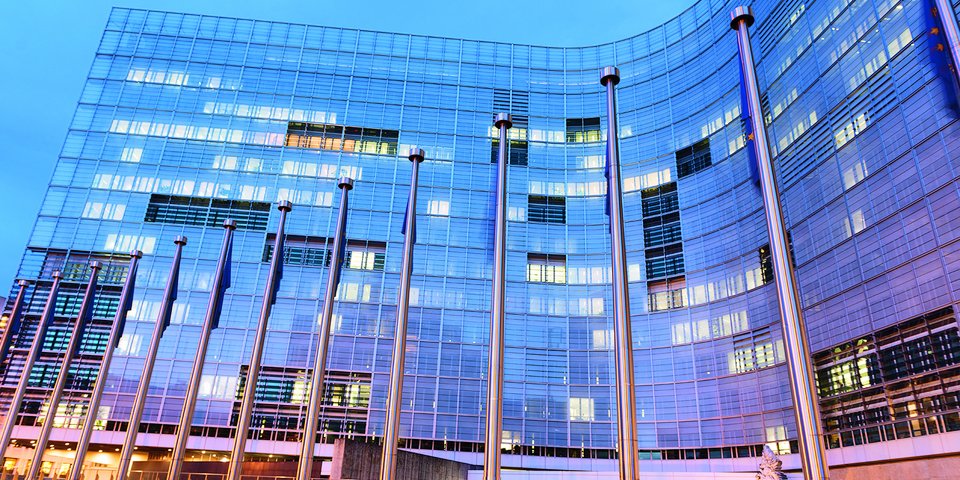 iStockphoto/Johnny Greig
iStockphoto/Johnny Greig‘Es lebe Europa – Vive l’Europe – Long live Europe’: EU top jobs now filled
German-French axis in Europe is complex but stable.
IF – 07/2019
During
the last meeting of the Heads of State and Government in mid-June, even a night
of long negotiations did not help with finding a nominee for the new Commission
President from the two Spitzenkandidaten (top candidates) in the European
election campaign, Manfred Weber (EPP) and Frans Timmermans (S&D).
President Macron was not in favour of Weber; his allies were the Benelux
countries, Spain and Portugal.
Timmermans
was mainly opposed by the Eastern European Member States, because in the past
the Social Democrat has openly denounced the political situation in the Eastern
European countries. The Heads of State and Government were therefore unable to
agree on the two top candidates or on liberal Commissioner Vestager.
The
main criteria for the process for selecting persons for all EU top offices were
gender, political party and regionality.
German-French domination
France and Germany
dominated the negotiations and were able to secure the most important posts for
themselves, the Commission and the European Central Bank. The Heads of State
and Government nominated Ursula von der Leyen as candidate for the European
Commission President, Belgian Prime Minister Charles Michel as the future
President of the EU Council, Spanish Foreign Minister Josep Borrell as EU
Foreign Affairs Commissioner and Frenchwoman Christine Lagarde as the future
President of the European Central Bank. The ‘Grande Dame’ of the financial world
currently heads the International Monetary Fund.
Von der Leyens’ main task: overcoming European divisions and building trust
The
biggest surprise was probably also the most important position, namely the nomination
of German Defence Minister Ursula von der Leyen as the new President of the
Commission. She will succeed Jean-Claude Juncker in the autumn.
The week before her electional date she was hard at work convincing the parliamentary groups in the European
Parliament of her objectives, such as achieving a climate-neutral EU by 2050
with a ‘Green Deal’; proposing a right of initiative for the European
Parliament; the introduction of a European unemployment reinsurance scheme and
a European cancer plan. She also made reference to strengthening social
security with a view to improving the rights of workers in non-standard
employment. These were just some of her issues that are of interest to the
German social insurance system.
In
a secret ballot on 16 July, Von der Leyen was approved by the European Parliament in
Strasbourg by 383 votes to 327. She must now swiftly prepare a work programme
for the European Commission and recruit her Commissioners. After the summer
break, the Commissioners will also have to answer questions from Members of the
European Parliament. They will then be scrutinised to see whether they are
sufficiently experienced in their field and suitable for their respective
positions.
A ‘red’ president for the EU Parliament
Another
appointment, independent of the proposals of the European Council, was the
election of the Italian Social Democrat David-Maria Sassoli. He was elected
President of the European Parliament at the first constituent session of the
9th parliamentary term in the second round of voting with 345 votes, that is,
more than half of the total 667 valid votes. He has already received worldwide
attention due to the announcement of the election result of Ursula von der
Leyen as President of the Commission.
The
Social Democrat will lead the Parliament for the first two and a half years of
the legislature, followed by a change in the second half of the legislature.
Then the Christian Democratic European People’s Party (EPP) will take its place.
This could possibly see Manfred Weber taking on the role.
Filling of committees
Please find
more information about the filling of parliamentary committees in our news ‘New faces, familiar faces.’
